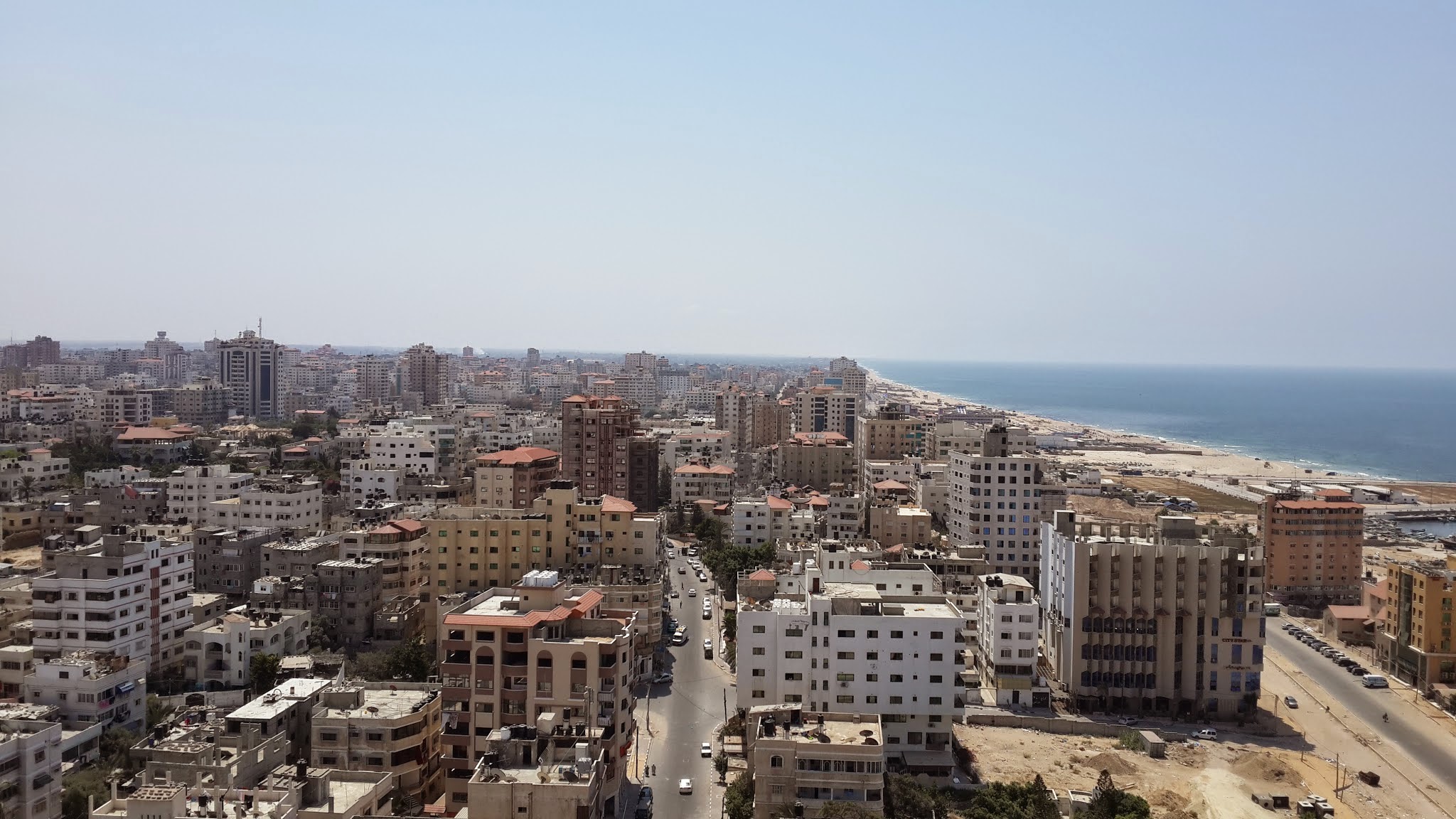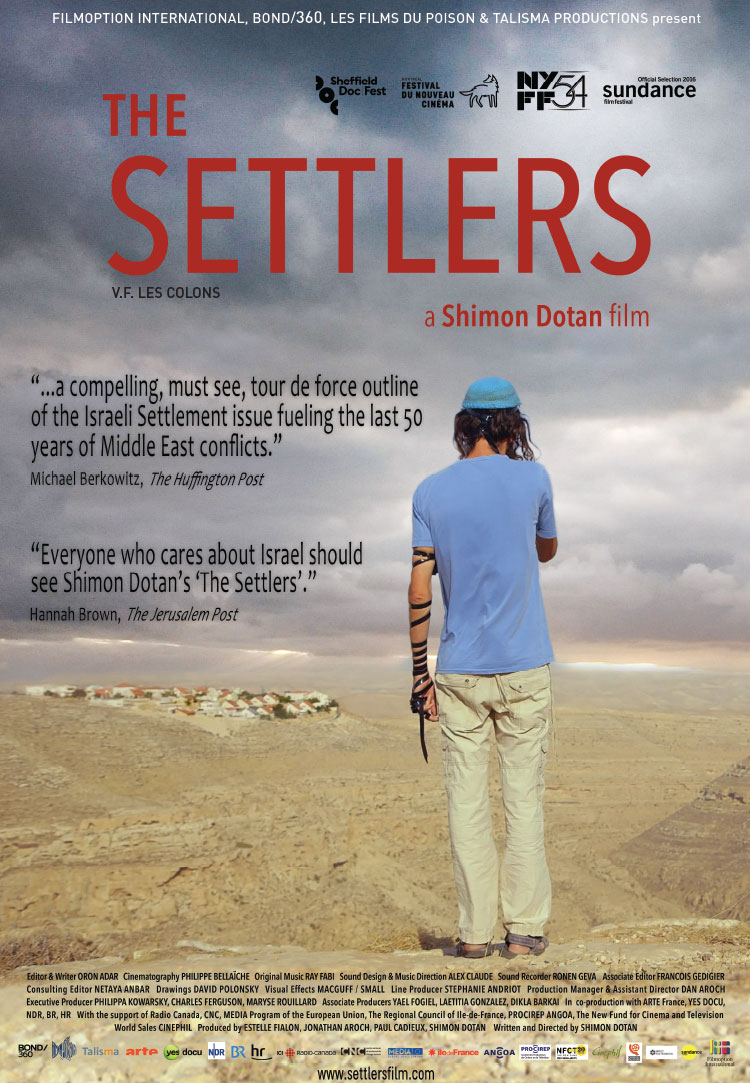![The frozen Chosen: Michael Chabon’s “The Yiddish Policemen’s Union” [Book Review]](https://epalestine.ps/sambahour/wp-content/uploads/2016/11/BookCover-hires-1.jpg)
by Sam Bahour | November 1, 2016 | Books, Writings
Reading fiction does not come easy for me. I guess, while living under a military occupation, there is too much non-fiction pounding at our lives to allow us to get happily lost in fiction. Reading The Yiddish Policemen’s Union may have changed that. No wonder this novel received a ton of awards; it takes fiction to new levels. Not only does Michael have a truly amazing command of the English language (proof being that my dictionary accompanied me in turning each of the 414 pages), but it turns out his Yiddish is not so bad too. Add to that a true historic premise to base his plot on, and linking the story to a few themes that are alive and well, albeit repulsive (think murder, racism, substance abuse, and more) in today’s real world, and what comes to life is something that you’ll be reflecting on long after the book takes its well-earned place on your bookshelf.
![Zionism’s Invented State [Book Review]](https://epalestine.ps/sambahour/wp-content/uploads/2010/03/israeli-exceptionalism-m-shahid-alam.jpg)
by Sam Bahour | March 18, 2010 | Books, Writings
This was not the first time I have read the word “exceptionalism” in relation to Israel. New York Times columnist Roger Cohen recently wrote that Israel “lives in a perpetual state of exceptionalism.” (New York Times, Oct. 16, 2009). However, Professor Alam explored this Israeli phenomenon on a deeper level of its underlying ideology to shed light on why this abnormal state seems to be unable to come to terms with modern day realities.
![The Wages Of Force: Expansion, Not Peace [Book Review]](https://epalestine.ps/sambahour/wp-content/uploads/2009/03/defending-the-holy-land-zeev-maoz.png)
by Ellen Cantarow | March 27, 2009 | Books
In 1997 Hamas offered Israel a 30-year truce. Jordan’s King Hussein delivered the offer: Israel’s response was to send Mossad agents to Jordan where they tried to kill Hamas leader Khaled Meshal by dropping poison in his ear. The incident (described by former Mossad chief Efraim Halevy in his book, Man in the Shadows), not only deeply embarrassed the King, it also failed to kill Meshal. (Other peace bids were made; all were rejected, though none, perhaps, as dramatically as this.) The 1997 assassination attempt illustrates what Zeev Maoz, in his landmark work, Defending the Holy Land, calls Israel’s “over my dead body” approach to peace.
![The frozen Chosen: Michael Chabon’s “The Yiddish Policemen’s Union” [Book Review]](https://epalestine.ps/sambahour/wp-content/uploads/2016/11/BookCover-hires-1.jpg)


![Zionism’s Invented State [Book Review]](https://epalestine.ps/sambahour/wp-content/uploads/2010/03/israeli-exceptionalism-m-shahid-alam.jpg)
![The Wages Of Force: Expansion, Not Peace [Book Review]](https://epalestine.ps/sambahour/wp-content/uploads/2009/03/defending-the-holy-land-zeev-maoz.png)

!["Palestine in Pieces: Graphic Perspectives on the Israeli Occupation" by Kathleen & Bill Christison [Recommended]](https://epalestine.ps/sambahour/wp-content/uploads/2025/03/Palestine-in-Pieces-kathleen-bill-christison-980x1176.jpg)